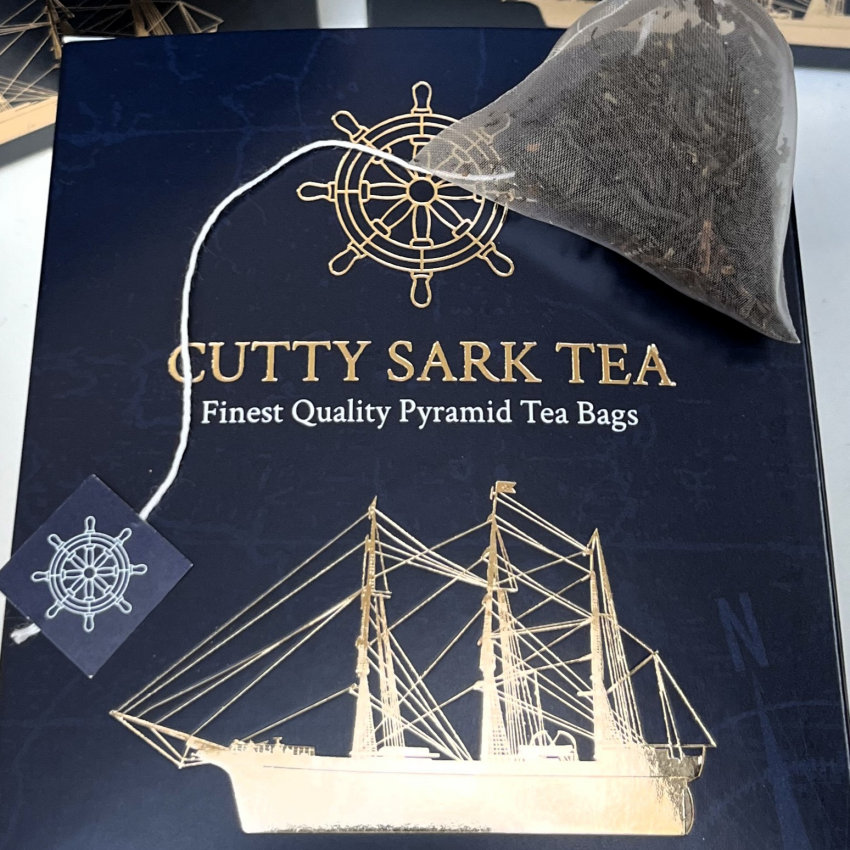Cutty Sark Tea Collaboration

 We are incredibly proud to announce the launch of Cutty Sark Tea – a collaboration between Drury Tea & Coffee and Royal Museums Greenwich that celebrates the world’s sole surviving tea clipper.
We are incredibly proud to announce the launch of Cutty Sark Tea – a collaboration between Drury Tea & Coffee and Royal Museums Greenwich that celebrates the world’s sole surviving tea clipper.
Blended from the finest large leaf teas, Cutty Sark Tea is inspired by the cargo that made this beautiful ship so famous, yet is refined for the modern palate. We’ve selected Yunnan F.O.P. (Flowery Orange Pekoe) from the eponymous province in South-West China, which is a traditionally rich, red brew with a hint of smokiness. Alongside this is another Chinese tea, Keemun from the Anhui province, which is smooth, delicate and fragrant. Lastly, we’ve introduced an Indian tea in a nod to contemporary tastes. Assam F.O.P. (Flowery Orange Pekoe) is full-bodied with a distinctive malty flavour that adds a powerful dimension to our tea. The result is a blend that makes the perfect breakfast tea, served with or without milk, that is also refined and delicate enough to be enjoyed in the afternoon or evening, perhaps with a slice of lemon or orange to temper the richness.
Cutty Sark was once one of the fastest ships in the world. Built in 1869 in Dumbarton, Scotland, it was one of a generation of sleek, elegant and rapid sailing vessels tasked with bringing China tea back to Britain. Speed was of the essence: the fashion of the day was to try and buy the first shipments of tea delivered so it paid to be fast. In total, Cutty Sark transported over 10 million lbs / 4.5 million kilograms of tea to Britain.
Tea had been enjoyed in Asia for centuries but did not reach Britain until the 1650s. Initially hailed for its medicinal qualities, it was soon a beverage only the wealthy could enjoy. Delicate porcelain, expensive silverware and elaborate rituals developed to demonstrate its exclusivity. By Cutty Sark’s time, the exotic leaf had become a national staple, in high demand as a daily drink for all.
The opening of the Suez Canal and advancement of steamships meant that Cutty Sark was forced from the tea trade after just seven years. It would carry tea on one last voyage in 1881, this time from India. By the end of the century, tea from India and Sri Lanka had become more popular than Chinese tea in Britain. Cutty Sark went on to enjoy a successful career in the Australian wool trade and, today, it is the sole surviving tea clipper in the world.
